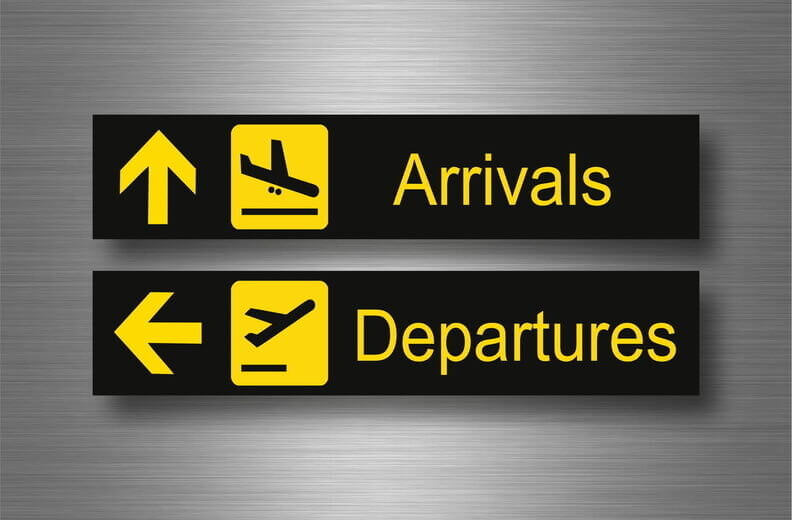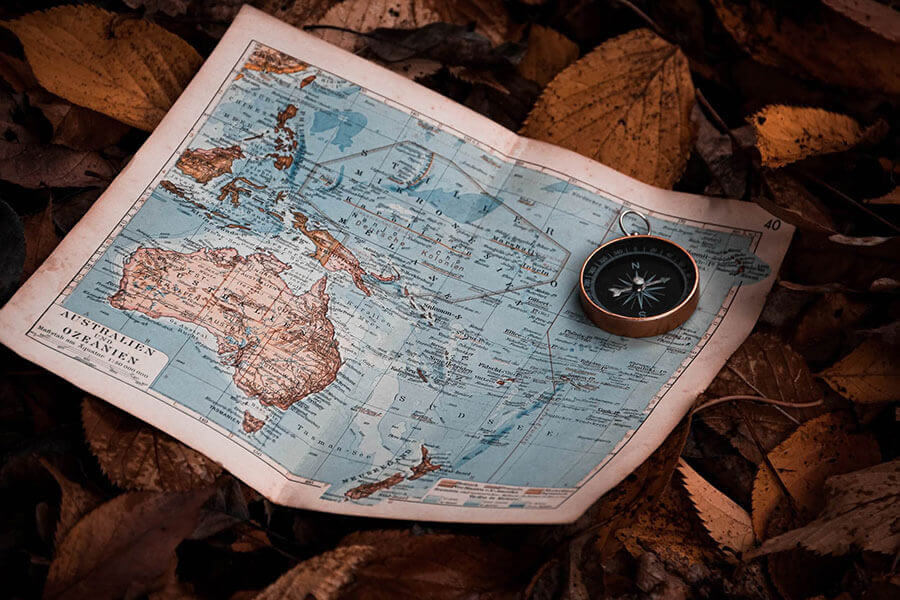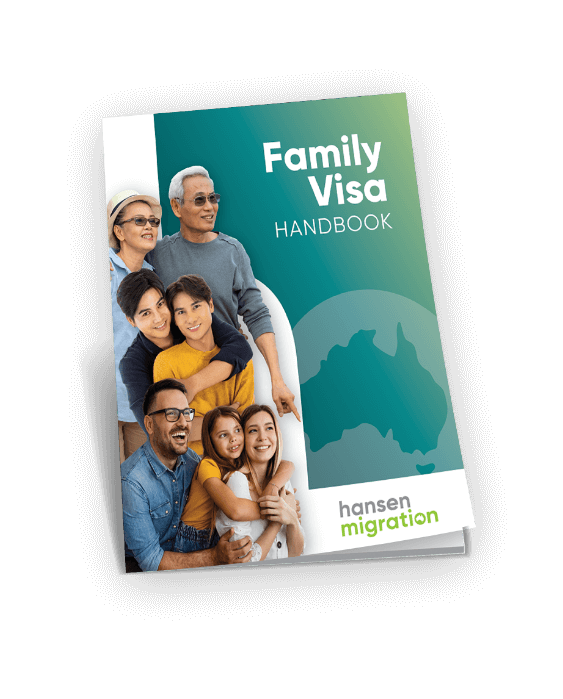- Australian citizens
-
Permanent residents of Australia
-
Subclass 309 or subclass 820 partner visa holders
-
Subclass 445 dependent child visa holders
-
New Zealand citizens who are usually resident in Australia (as well as their immediate family members)
-
Diplomats accredited to Australia (holding a subclass 995 visa)
-
Travellers transiting in Australia for 72 hours or less
-
Airline crew
-
Maritime crew including marine pilots
-
Anyone recruited under the Government appointment Seasonal Worker Program or Pacific Labour Scheme
-
Subclass 188 Business Innovation and Investment visa holders
-
Anyone travelling from New Zealand by flight who has been in New Zealand for at least 14 days prior to travel
Anyone who doesn’t fall into one of the above categories and holds a temporary visa or intends to apply for a temporary visa must apply for an exemption. Exemptions will be granted by Australia Border Force to any non-Australian citizen or permanent resident who falls into one of the below categories:
-
Spouses, de facto partners or children of Australian citizens or permanent residents of Australia
-
Anyone travelling at the invitation of the Australia Government or a state or territory government to assist in the COVID-19 response
-
Anyone providing critical or specialist medical services, including air ambulance, medical evacuations and delivering critical medical supplies
-
Anyone with critical skills or working in a critical sector in Australia
-
Anyone who is sponsored to work in Australia in an occupation on the Priority Migration Skilled Occupation List (PMSOL)
-
Anyone whose entry into Australia is in the national interest and has support from the Australia Government or a state or territory government authority
-
Military personnel, including those who form part of the Status of Forces Agreement, Commonwealth Armed Forces, Asia Pacific Forces and Status of Armed Forces Agreement
-
Any students completing year 11 and 12, with support from the relevant Australian State or Territory government health authority and education department
-
Anyone travelling for compassionate and compelling reasons
What are the Criteria for an Exemption to Australia?
Anyone applying for an exemption must provide evidence that they fall into one of the exempt categories:
Spouses or De Facto Partners
Spouses must provide a marriage certificate. De facto partners must either provide evidence of 12 months cohabitation or evidence that their relationship has been registered with a relevant state government authority (only possible in Victoria, New South Wales, Queensland, ACT, Tasmania and South Australia). In addition spouses and de facto partners must provide evidence of their relationship including:
-
Financial aspects of the relationship (eg: Joint bank statement, evidence of joint assets, evidence of joint insurance policies)
-
Nature of the household (eg: Joint least agreement, joint utility bills, evidence of joint property ownership)
-
Social aspects of the relationship (eg: photos, evidence of joint travel, statements from friends and family)
-
Nature of the commitment (eg: evidence of superannuation beneficiary, wills, evidence of correspondence)
Children
Children must provide a birth certificate or other evidence of the relationship to their Australian citizen or permanent resident parent.
Invitation from Australia Government or State or Territory, Travelling in the National Interest or Military Personnel
A supporting letter from the relevant government authority.
Providing Critical or Specialist Medical Services
A letter from doctor or hospital indicating why travel is necessary.
Working in a Critical Sector in Australia
A letter from employer indicating why travel is necessary.
Sponsored to Work in Australia in an Occupation on the PMSOL
A supporting letter from a business or government authority advising why the skills are critical.
Student Completing Year 11 or 12
A supporting letter from the Australia school and the relevant government authority.
Compassionate and Compelling Reasons
Evidence of compassionate and compelling reasons for example, if a family member is terminally ill a medical report would be required. If a family member has died, then a death certificate would be required.
How to Apply for an Exemption into Australia?
An exemption request must be submitted at least two weeks before travel and cannot be submitted more than 3 months before travel. The request must be submitted online using the Travel Restriction Exemption Portal. The request must include:
-
Traveller details including name, date of birth, visa type and number, passport number
-
Proposed residential address and phone number in Australia
-
The reasons why an exemption should be granted
-
Supporting documents
If an exemption is granted, then the traveller needs to carry a printout of the exemption email confirmation to the airport. If the exemption is not granted, then the traveller will not be permitted to board a flight to Australia. Most exemption requests are processed within 7 days unless the circumstances are complicated.
Current Travel Ban Exemptions out of Australia
Australian citizens and permanent residents of Australia cannot leave Australia without an exemption. In some circumstances an exemption may not be necessary, for example:
-
Persons who are originally resident in a country other than Australia (ie: have spent more time outside of Australia than inside Australia within the last 12 to 24 months)
-
Airline, maritime crew or safety workers
-
New Zealand citizens holiday a subclass 444 special category visa
-
Persons engaged in day to day conduct of outbound freight
-
Persons associated with essential work at Australian offshore facilities
-
Persons travelling on official government business including Defence Force members
Otherwise, an exemption may be granted in the following circumstances:
-
Travel is part of the response to COVID-19 including provision of aid
-
Travel is essential for business or employment
-
Travel is required to receive urgent medical treatment that is not available in Australia
-
Travel is going to be outside Australia for 3 months or longer
-
Travel is on compassionate or humanitarian grounds
-
Travel is in the national interest
What are the Criteria for an Exemption out of Australia?
Anyone applying for an exemption must provide evidence of identity and evidence that they fall into one of the exempt categories, this can include:
-
Passport
-
Marriage certificate
-
Birth certificate
-
Death certificate
-
Proof of relationship (eg: joint lease agreement, joint bank account etc.)
-
Proof of relocating to another country on a long-term basis (eg: job offer, lease, evidence of belongings being transported)
-
Proof of a valid visa for the country the applicant is travelling to
-
A letter from the doctor or the hospital regarding medical treatment and why travel is necessary
-
Letter from an employer or other evidence if travelling for an essential business reason
-
A statement or evidence to show when the traveller intends to return to Australia
How to Apply for an Exemption out of Australia?
The request must be submitted online using the Travel Restriction Exemption Portal. If an exemption is granted, then the traveller needs to carry a printout of the exemption email confirmation to the airport. If the exemption is not granted, then the traveller will not be permitted to leave Australia. Most exemption requests are processed within 7 days unless the circumstances are complicated.









